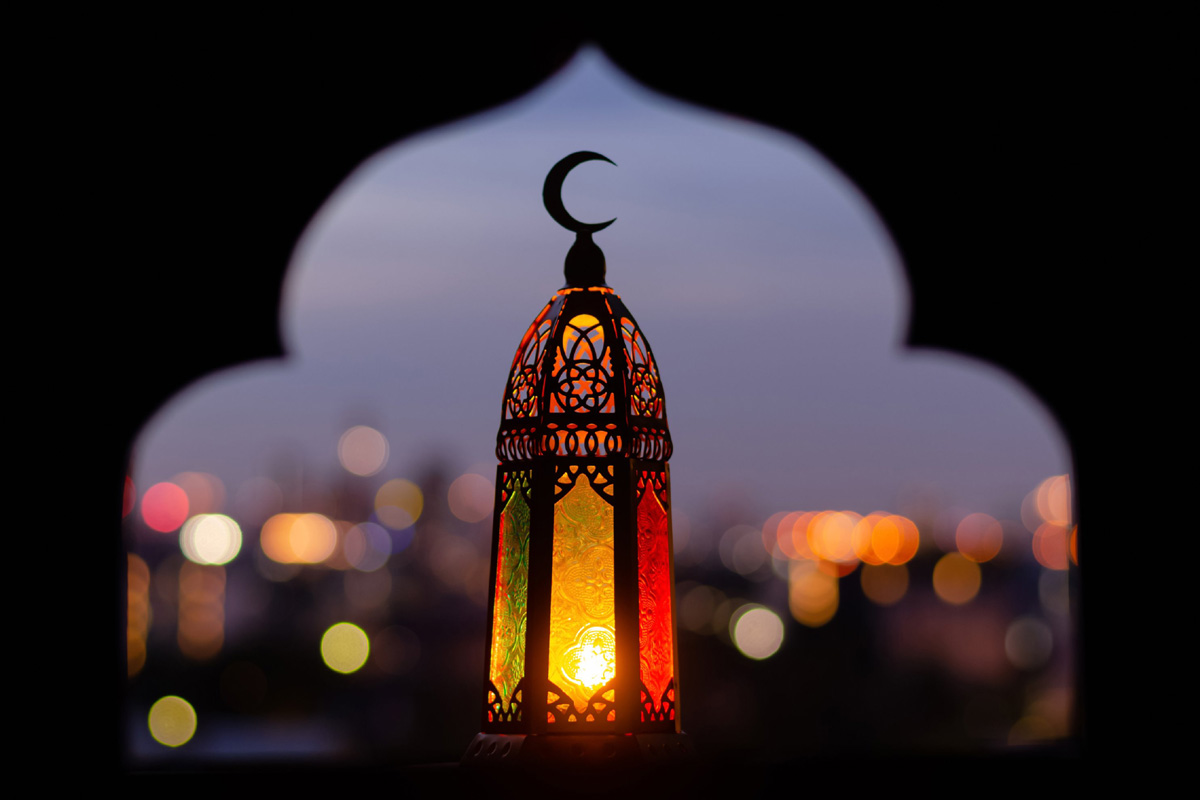- +201040914066
- info@quraaany.com


In this article we can tell you Ramadan prayer times where Ramadan is a sincere opportunity for those who want to change, not a place of apostasy and housing to increase the bad. It is an opportunity for every person who lost prayers and was deprived of their wages and constants to catch up with worshippers in mosques decorated for the fasting. Let’s keep more and more of our prayers in Ramadan.
Ramadan prayer times

The main timing of the Ramadan prayer schedule:
- Imsak- time to stop eating before dawn prayers.
- Fajr – Dawn prayer marks the beginning of daily fasting.
- Dhuhr – noon prayer.
- Asr – The Prayer of the Day.
- Maghrib – Maghrib’s prayer, a reference to breakfast.
- Isha – night prayers, often followed by tarawih.
These times change throughout Ramadan, influenced by geographical location and moon stages.
What is Taraweeh?
We can explain that one of the most important times of prayer in Ramadan is Tarawih prayer, which means rest or relaxation. Tarawih prayers extend from after evening prayers until dawn, so this prayer can be performed at any time during this period.
Tarawih is a voluntary prayer held after evening prayers (stay) every night during the month of Ramadan. Since it is a confirmed year, Tarawih prayers are held in mosques around the world for men and women every night of this holy month. Many believe that whoever prays Tarawih throughout Ramadan will receive great pay and forgive his sins.
Read More: Read and memorize Quran online academy: Why do we need it?
How to Pray Taraweeh

Taraweeh is a night prayer performed during Ramadan. It is prayed in sets of 2 until completion at 8, 12, or 20 rakats and can pardon the past sins of a believer, Here’s a simple step-by-step breakdown of how to pray Taraweeh:
- Perform 4 imposed knees of evening prayers.
- Then he reached 2 knees a year of evening prayers.
- Determine the intention to start prayer tarawih/do night.
- Pray the first 4 knees of swingers, 2 knocks at a time.
- Take a short break after each set of 4 knees.
- Then 4 other knees of swingers.
- Rest.
- You can finish the Taraweeh prayer here or continue until you reach 12 or 20 knees in all.
- End your night with chord prayers.
How many rakats are in Taraweeh?
Tarawih prayers, like other voluntary prayers, are prayed in groups of two knees at a time, with the possibility of taking a break after every four knees.
Some accounts indicate that the number of full swivel knees is 8, while others say it is 12 or 20 knees. When attending Tarawih prayers at the mosque, the imam usually performs 20 complete knees, with all four doctrines supporting these novels.
When is Taraweeh performed?
Tarawih prayers are held at night, at any time after the imposed evening prayers and before the chord prayers, where chord prayers are the last prayer at night.
Can Taraweeh be performed at home?
Yes, Taraweh prayers can be performed at home, In fact the Prophet Muhammad (PBUH) performed most of Tarawih’s prayers in his home.
The role of Tarawih in Ramadan
Taraweeh, an additional night prayer performed during Ramadan, occupies a special place in the daily prayer routine.
Usually held after evening prayers, it consists of multiple units of prayer (rakat) and can last up to an hour or more.
Many mosques complete the recitation of the entire Koran by the end of Ramadan through Tarawih prayers.
It is very rewarding work, and many Muslims make it their priority to attend these prayers in the group.
The importance of Ramadan prayer times
Ramadan is not just about fasting; it is a time of spiritual renewal, sincerity and discipline. The five prayers assume greater importance during this month.
Why Ramadan prayer times are important
- Ensures adherence to fasting guidelines.
- Enhances the relationship between individuals and their faith.
- Encourages discipline and routine in everyday life.
- Personal worship is allied with the global Muslim community.
- During Ramadan, mosques experience an increase in the number of worshippers, especially during Tarawih, an additional night prayer performed in the group.
Differences in Ramadan prayer times
Because Ramadan prayer times such as breakfast time and Suhoor time, depend on the location of the sun, they are not uniform worldwide. Countries near the equator are experiencing slight fluctuations, while locations in higher latitudes are undergoing significant shifts.
Regional differences in prayer timing
- Middle East: sunrise and sunset times are constant, making daily fasting hours relatively stable.
- Europe and North America: longer fasting periods in summer and shorter in winter.
- Scandinavian countries: Special provisions apply to areas where the sun does not set or shine for long periods.
Modifications of Ramadan prayer times for extreme sites
In places where the sun barely sets, Islamic scholars recommend following the schedule of prayers in Mecca or the nearest reasonable place.
Key Moments in Ramadan
Suhur and Iftar are two important moments that determine the daily fasting cycle: suhur, the pre-dawn meal, and breakfast. Take a look at 24 breakfast dishes to taste Ramadan.
The Importance of Suhur Time
- Helps maintain energy throughout the day of fasting.
- He was encouraged in Islamic teachings as a source of blessing.
- It often includes dates, dairy products, fruits and whole grains for sustainable energy.
- Importance of breakfast time
- Traditionally, it begins with dates and water, similar to the Prophet Muhammad.
- Meals are often shared with family and community members.
- Special Ramadan dishes and buffets are common in many cultures.
Read More:Ramadan prayers
The importance of adhering to Ramadan prayer times
Adherence to precise prayer times during Ramadan is critical for several reasons:
- Fulfilling religious obligations: precise prayer times ensure that Muslims perform their religious duties properly, as the five prayers are essential. Important aspects of Ramadan, such as Suhoor and Iftar, depend on prayer dates.
- Spiritual discipline: Timing helps to develop self-discipline and strengthen one’s commitment to faith.
Conclusion
All about Ramadan prayer times is explained in this article, where, to maintain accuracy, Muslims can rely on prestigious timetables verified by Islam’s scholars. Using trusted mobile apps or other online resources is also an option for site prayer times.
